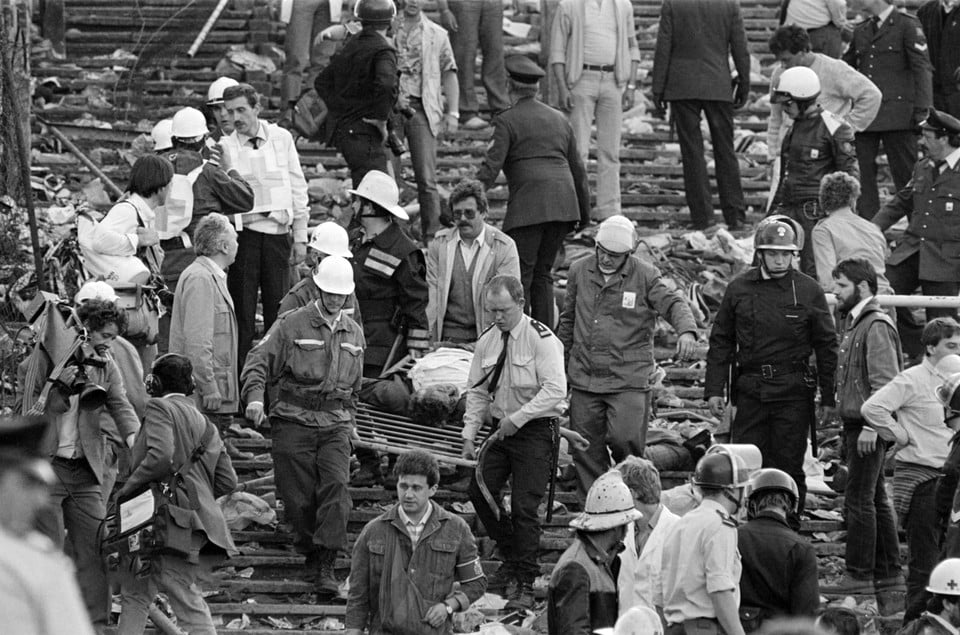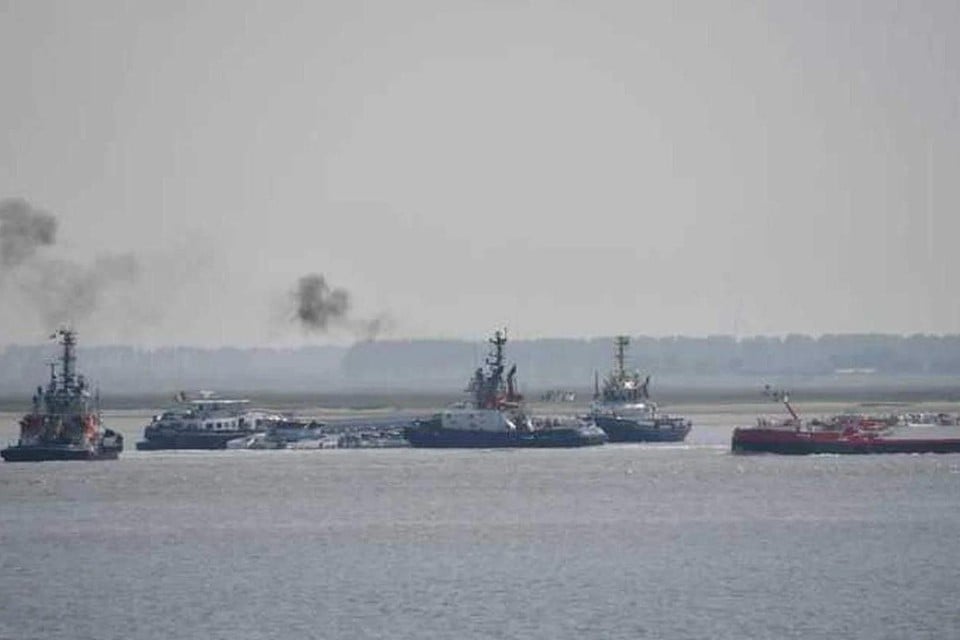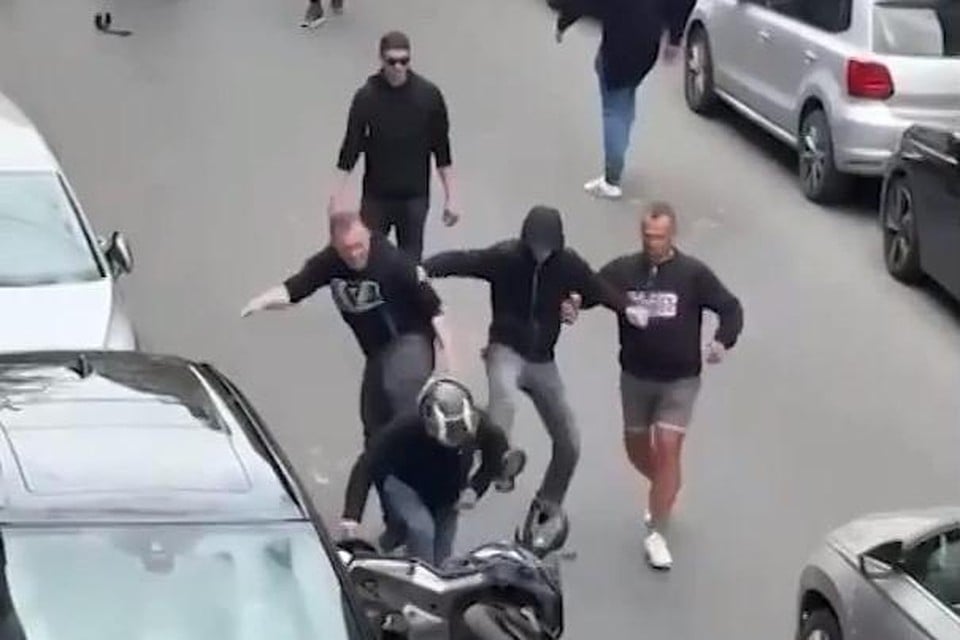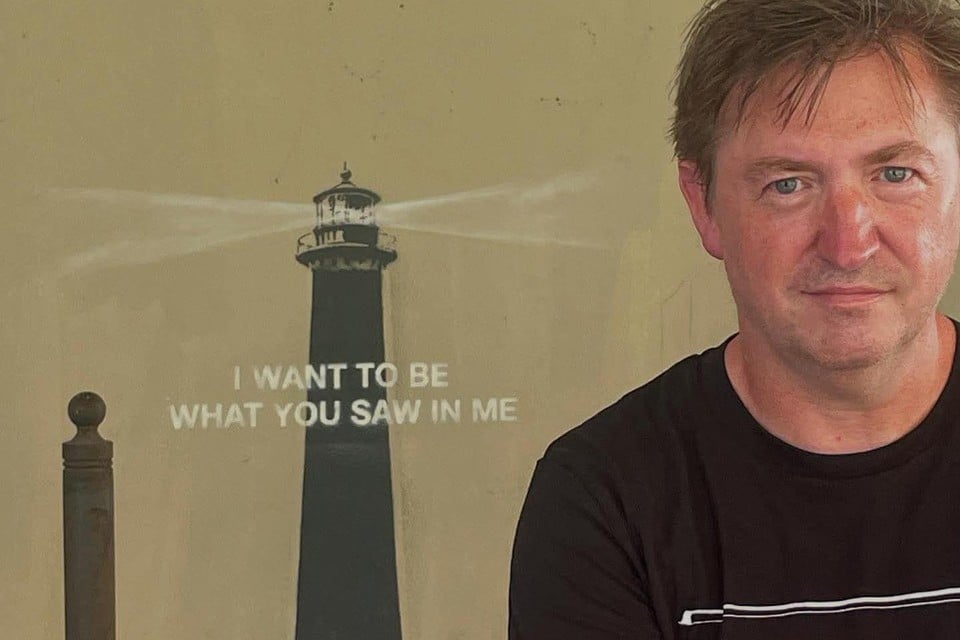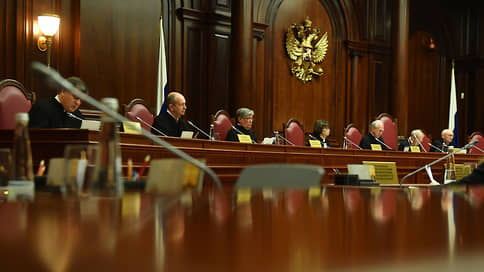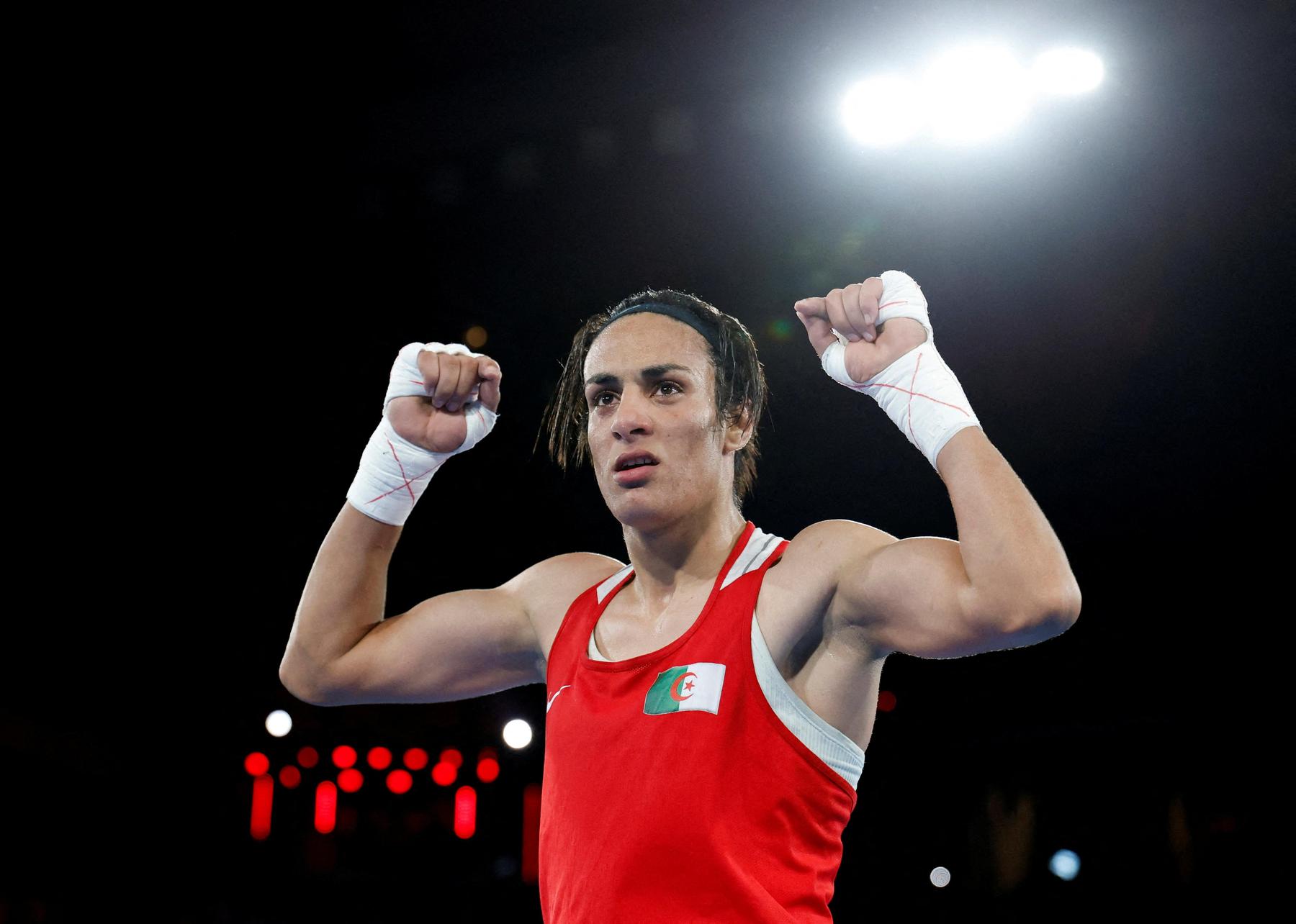The darkest day in Belgian football history: 40 years of Heyseldrama is commemorated
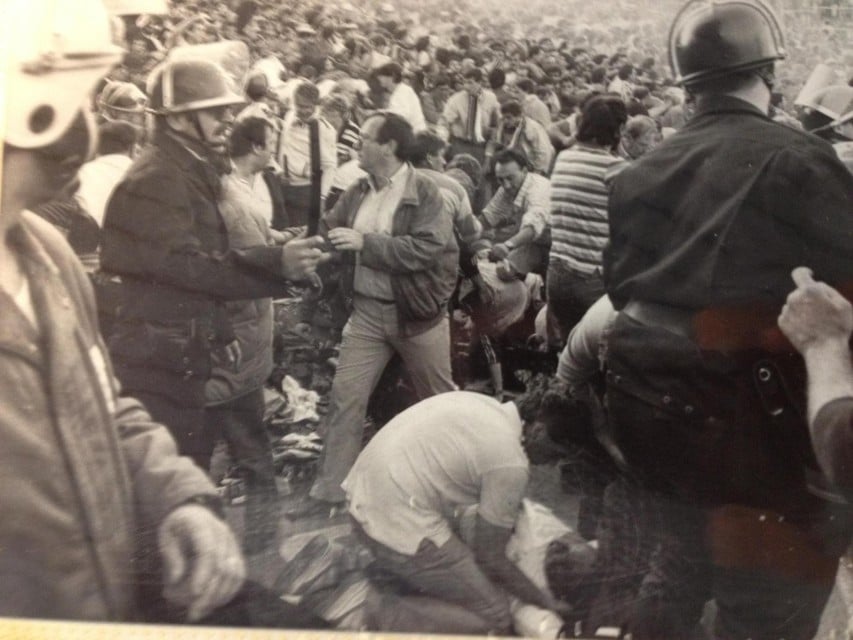
« The final of the century. » In 1985, for example, the European cup final between title holder Liverpool and Italian superpower Juventus was discussed. It would be a competition between the two best European teams of the moment.
On May 29, 1985, around 60,000 people were expected on the Heysel, which was already strongly outdated for an important event such as the final of the European Cup. Before the meeting, 850 police officers were called, of which only 50 were present in the stadium. The police were particularly afraid of the disturbances outside the stadium.
A year earlier, Brussels had already had to deal with hooliganism in the margin of the European final (now the Europa League) between Anderlecht and Tottenham. In addition, one English fan died, 32 people were injured. The police arrested a total of 220 rioters. In the same year, after the final of European Cup I (the current Champions League) between AS Roma and Liverpool, there were also disturbances in the Italian capital. English supporters were then drained by a bunch of Roman hooligans in the streets of Rome. The English had a deep resentment on it opposite the Italian supporters.
Skirmishes
On May 29, 1985, everything initially proceeds calmly. There is a spraying heat, the beer flows abundantly. The English supporters gather on the Grote Markt in Brussels and then descend to the stadium. Supporters of both teams wait for the lawns outside the stadium until the gates open at 5 pm. Half an hour later, there are already 30,000 people in the stands. On the outside of the stadium, police officers notice that a record has been detached, so that fans probably entered the stadium without a entrance ticket.
© RR
It will be restless around 6 pm. There is stones thrown and hurled with insults between block X, where the Liverpool fans stand, and Blok Z, which is in principle intended for neutral supporters, but is full of Italian fans who have managed to tap a ticket upside down via the black market. Around 6.30 pm it gets a bit quieter when the players come to greet their supporters, but the skirmishes resume again by 19 hours. The English shoot flares and throw glass and stones towards the people on Blok Z.
Ten minutes later, hell bursts loose. Dozens of hooligans manage to overthrow the thin fence between the two courses and fly to the Italian supporters. Only a handful of police officers is present to try to hinder the English to penetrate Blok Z. The charge of the British brings a panic reaction into the ‘neutral’ profession. A thousand Italians try to flee the field, but is stopped by the order services. They troop together on the other side of the stands. Some choke, others are trampled or crushed against the wall, which collapses due to the pressure of the crowd. The first injured are cared for on the field.
Triumph
In the meantime, the Juventus supporters are storming the site on the other side of the stadium to go there with the Liverpool supporters. The police intervene and separate both camps from each other again. From then on, the peace returns to the Heysel Stadium. At the same time, 400 million television viewers see the first corpses appear live on the stands. Blok Z has become a ruin.
At that time there is actually no longer any question of football. Nevertheless, UEFA and the Belgian authorities decide to let the competition continue, for fear of even more problems that could cause a possible cancellation. The match eventually starts an hour later than planned. Juventus wins the cup thanks to a penalty goal from Michel Platini. The Frenchman celebrates his goal with an extensive victory, which will be blamed for years in view of the circumstances.
© AFP
No more European final
The ‘Heysel process’, which the responsible person must indicate of the disaster, begins in October 1988. In April 1989, fourteen Hooligans were sentenced to three years in prison, half of which are delayed. They also have to pay a fine of 60,000 Belgian francs (around 1,500 euros). In 1990, the penalties on appeal are aggravated: some get effective for five years. For three defendants, the premeditation is accepted as aggravating circumstances. For Albert Roosens, Secretary General of the football association, Johan Mahieu, captain of the Rijkswacht, and Hans Bangerter, Secretary-General of UEFA, punishments are pronounced with postponement.
Liverpool is ultimately banned for six years of all European competitions. For other English clubs a ban of three years applies, which is extended to five years after the disturbances with English hooligans during the 1988 European Championship. Belgium itself is no longer allowed to organize a European final for ten years.
The Heysel Stadium was completely renovated in the 1990s and renamed the King Baudouin Stadium. In 1995 an international game is being played for the first time. Today the stadium is still used for competitions of the Red Devils, the finals of the cup of Belgium and the Memorial Van Damme. There has long been the construction of a completely new stadium in parking C, but those plans have never been implemented.
Opposite the stadium is a memorial monument in memory of the victims of the Heyseldrama. The names of the 39 deceased hang on the wall of the main stand. A memorial moment for the victims will take place on 29 May.

